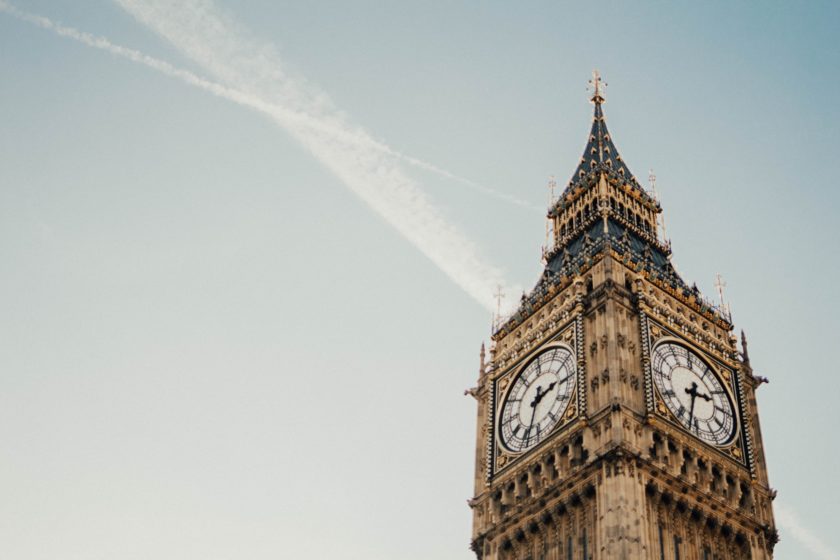Prime Minister Liz Truss stopped the speculation around the Triple Lock at Prime Minister’s Question Time today by saying she and the Chancellor Jeremy Hunt were both “committed” to retaining the Triple Lock system for State Pension payment increases.
The Triple Lock increases payments annually by whichever figure is the highest between 2.5%, the average earnings or the rate of inflation as recorded in September. The September rate of inflation came in at 10.1%, as published by the ONS today
Commenting AJ Bell’s Tom Selby said the declaration would provide “a welcome boost to the incomes of millions of retirees.”
“Despite comments earlier this week from the new Chancellor, who indicated the government would review all spending plans in the round before committing to the triple-lock, the Prime Minister has now insisted the state pension will be inflation-proofed next year.
Selby said the declaration was “perhaps inevitable” given the electoral realities facing the Prime Minister and the Conservative party, he added: “Although nothing can be taken for granted in the current political climate, with tax and spending pledges being ripped up within weeks. Retirees banking on their state pension rising in line with prices will want to see it written into legislation, given the very recent history of policy u-turns.”
The 10.1% uplift should see the full flat-rate state pension exceed £10,000 a year, while the full basic state pension will be boosted to over £8,100 a year.
John Greer, head of Retirement Policy at Quilter, added that the Prime Minister “will be acutely aware of the political consequences” of any cut to the triple lock “for a Conservative Party that has traditionally relied upon the older vote.
However, Selby said the decision “also opens up a huge can of worms over working-age benefits.”
Explaining, he said: “The triple-lock is already viewed as intergenerationally unfair by many, as its existence increases the incomes of Baby Boomers and could force the state to reduce pensions for younger people faster in the future – either by hiking the state pension age or reducing its value, or both.”
Greer also flagged “further intergenerational inequality”. He said: “Inflation is now running at almost double the earnings growth of working people, and during a cost of living crisis this will have a considerable impact on the finances of those people who are already struggling. That said, there are also a vast number of pensioners facing some difficult decisions this winter and have no choice but to be beholden to decisions made by the state, whereas working people can more easily influence their own earnings. Many pensioners need and will welcome a rise by inflation, provided the policy is not brought back into scope for cutting.
Greer added: “What is clear is that the triple lock does not work for everyone, and perhaps it may be time to assess whether there is a fairer way to raise the state pension while preventing more people slipping into the poverty net and having to choose between heating or eating. The intransigence on suggested changes to the pension uprating mechanism, such as those put forward by the Work and Pensions select committee to replace the triple lock with an earnings link with allowance for periods of high inflation – some six years ago now – has exacerbated this political headache.”
Andrew Megson, CEO of My Pension Expert, said pension planners “will likely view this announcement with some scepticism.
“The PM is performing U-turn upon U-turn. It’s impossible to keep up or predict what will happen next. Only time will tell whether this commitment will come to fruition. So, many will be looking to The Chancellor’s next fiscal statement on 31 October to provide more clarity in this regard.”

































